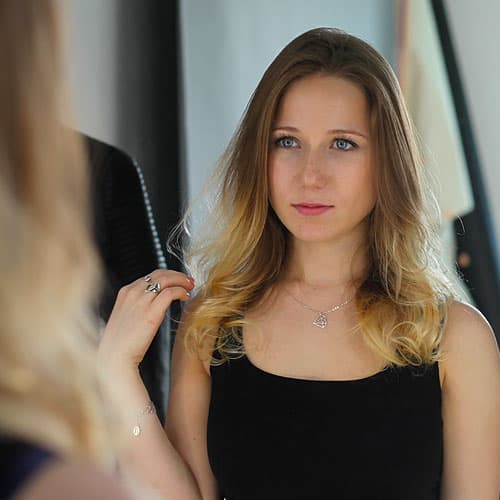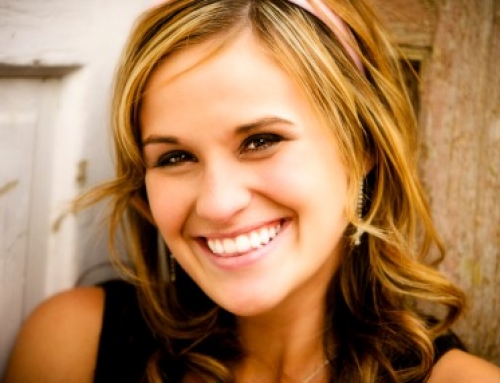Many women have come to learn that one common side effect of birth control pills is hair loss. Some women while on the pill have experienced hair loss, while some haven’t experienced the effects until several weeks after they stop taking it.
When it comes to medications, it can difficult to determine if contraception is the cause of hair loss or not. It is important to look at the possible connection and what you can do about it.
How does the birth control pill cause hair loss?
Birth control pills have been clinically proven to be safe and effective; however there are known side-effects and one of them is the negative impact on normal hair growth. This is especially true for women with a history of hair loss in their family.
Especially for women that are sensitive to the hormones contained in contraceptive pills, hair loss is a common side effect. The main reason for this is that birth control pills can disrupt the normal growth phase of your hair.
Your hair goes through several phases which are; active, transitional and resting. Birth control can cause hair loss to move from the active growth phase to the resting phase sooner than it would normally. The result from this is a large amount of hair growing but then falling too rapidly for the hair regrowth.
As the pill suppresses ovulation, women that are sensitive to hormonal-related hair loss find themselves going through changes in their body that can increase the chances of hair loss weeks or even month after they stop taking the pill.
When hair loss is the result of high levels of estrogen, which increases the cell turnover and speeds up the entire hair growth cycle, it is medically called telogen effluvium. Your body will eventually adjust to the higher estrogen levels so there is no need for treatment.
What can you do about hair loss?
If you suspect your hair loss is from the contraceptive pill, you should seek medical advice before stopping. You may only need to be changed to a lower-dosage of pill or there may be another suitable form of contraception.
There are things you can do to assist your hair to keep it healthy and in sync with it’s normal growth cycle. Avoiding chemical-based treatments and style your hair gently can help to promote healthy hair growth. Changes in your diet can also help. Try and include sufficient amounts of vitamins and minerals to include zinc and vitamin B.
In the early stages of hair loss there are a number of hair loss treatments you can do to help that include laser hair therapy and even wigs for women. It is best to seek out a hair loss professional. They can help you restore your confidence and find a solution for the ongoing health of your hair.




